Even though I don’t think that being a vegetarian influences too much your ability to grow muscles, the Internet is packed with questions regarding bodybuilding and vegetarianism. One of the most common questions is “what should a vegetarian bodybuilding or fitness diet consist of?” To be honest, the answer to this question is quite straightforward. There are a few basics that we should keep in mind, some of which I already explain in How to Lose Weight Guide: 5 Universal Truths About Weight Loss.
To begin with, when one becomes a vegetarian (not a vegan), their diet doesn’t really change all that much. Meat is left out, but other animal products, such as dairy and eggs, still remain to be part of the diet. This is what makes vegetarianism so great and optimal for almost anyone out there. On the one hand, meat, which is the cause of many diseases, including coronary heart disease, is taken out of the diet. And on the other hand, nothing else that would be crucially important to our health is lost either. For those reading this post, I hope one things is clear – meat is not essential to our diet! On the contrary, there are many reasons why meat would be unhealthy for us.
Now, coming back to the topic of vegetarian bodybuilding and fitness, what should the diet consist of? I personally like to break it up into two categories: food and supplements. Even though all supplements come from food, I place these two in separate groups. We can’t survive without food, but we can without supplements, and therefore it would be incorrect to mix the two together.
Vegetarian bodybuilding and fitness – food.
Concerning macronutrients, when we become vegetarian, changes don’t happen too much to the amount of fats or carbohydrates that we consume, but primarily to the proteins. You’ve probably heard a meat eater say to a vegetarian “but where do you get your proteins from?”
Protein is that nutrient that people need in excess to grow muscles. And while meat has plenty of it, so do dairy and eggs. In fact, usually when we talk about which type of protein is of best quality, it is the eggs and dairy that are mentioned most.
What makes one type of protein better than the other? It is a known fact that proteins are made up of amino acids. There exist amino acids that our bodies can synthesise, and there exist amino acids that are bodies can’t synthesise. The ones that we can’t, we must get from the food that we eat.
Soy, buckwheat, different types of meat, eggs and dairy are all examples of products with a complete amino acid profile. This means that they have all of the amino acids that we need. However, because meat has many disadvantages to our health, it is not considered to be the perfect source of protein. Plant-based foods, such as buckwheat and soy, despite having a full amino acid profile, also sometimes remain to be excluded from the list. This is because they can either take too long to digest, or because, as in the case of soy, it is known to lower the levels of testosterone, and therefore make “gains” more difficult. Keep in mind though that the latest researches have brought new results, indicating that soy has no adverse effects on testosterone levels. This is really a controversial topic.
As a result, dairy and eggs are leading when it comes to protein quality. What does this tell you then? Well basically, as a vegetarian that visits the gym on a regular basis, I can say that the best products out there to help you grow muscle mass are eggs (egg whites), milk and quark (or cottage cheese). Eggs and milk are on the list for obvious reasons, but what about 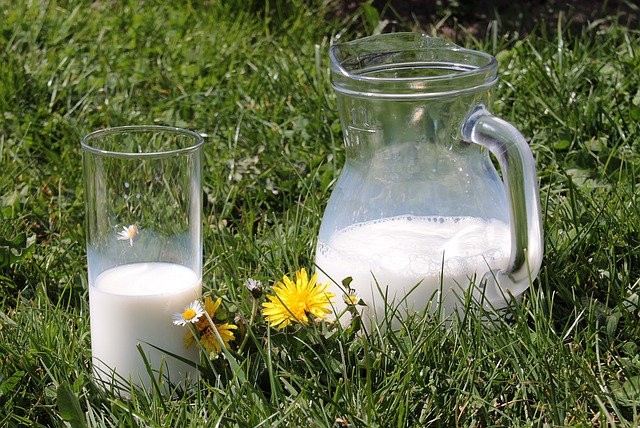 quark? Despite quark being also a dairy product, what makes it stand out is its non-liquid form and the fact that it is very rich in a protein called casein. Casein is known to digest slowly, and that is the reason why many athletes like to consume quark before sleep. This way the protein absorption spreads over the night.
quark? Despite quark being also a dairy product, what makes it stand out is its non-liquid form and the fact that it is very rich in a protein called casein. Casein is known to digest slowly, and that is the reason why many athletes like to consume quark before sleep. This way the protein absorption spreads over the night.
As you can see, there are really only three products that I use as my main source of protein. Obviously, there are other protein-containing products, such as soy, peanuts, cheese, etc. However, they have either an incomplete amino acid profile, have other nutrients that may be unhealthy in large quantities, or simply would require to eat more of it than what I could physically fit into me. On the other hand, I can drink all the milk that I want, eat plenty of egg whites (egg yolks I limit), and I eat about a kilogram (2.2 pounds) of quark every single day! I personally like how quark tastes, and I know it is good for me.
P.S. The reason why I allow myself to eat that much quark and drink a lot of milk is because these products are low in fat, 0-1,5%. If I would be eating 10% fat quark, I would probably lose shape very fast. The same goes for cheese. From the health perspective, you can eat a lot of it, but if you are into a vegetarian bodybuilding and fitness diet, try to limit the amount of fat that you consume.
Many of you may be thinking to yourself that you don’t like one of the mentioned products, or maybe you don’t even have quark sold in your area. Moreover, even if you do like to eat all these products, you will probably get tired of it sooner or later. Fortunately, today’s vegetarian bodybuilding and fitness diet can be improved with various sport supplements.
Vegetarian bodybuilding and fitness – supplements.
While supplements may be an important part of the vegetarian bodybuilding and fitness diet, they shouldn’t be overrated. Supplements are always going to be supplements, and should be consumed in addition to food, not instead of it.
That being said, I still think that supplements are extremely beneficial to people working out. As already mentioned, this is especially the case for vegetarians because supplements enrich our diet and allow for more variation.
Many can argue that sport supplements are not effective, or even bad for you. I want to make it clear that supplements are not steroids. All typical sport supplements come from real food. This means that if you lack one or the other of the nutrients, you can get it in a concentrated form from a supplement. The effectiveness of this supplement is a separate story. While certain supplements, like protein powders, have been proven to be effective, some sport nutrition seems to be doing so well mainly due to good marketing. These supplements simply lack real research.
I haven’t tried all of the sport nutrition out there, but I can share with you what I have either tried or know that is effective. Here is my short list:
Protein powders are probably the most common, the most effective, and they also taste really well (thank you sugar substitutes and artificial flavours!).
Protein powders are rather straightforward in what they do. However, it is worth mentioning that you can get many different types of them, such as whey (most common), casein (slow-digesting), soy (vegan option), and other. There is no doubt that protein (and therefore protein powders) have an effect on muscle growth.
Creatine is known to be very effective in iron sports. Creatine works by giving us that rapid boost of energy when we really need it, helping us to make those few extra precious reps. It really adds to overall progress in the gym.
Creatine is produced by our body from three amino acids, but not in large quantities. For the ones eating meat, creatine also comes with fish or red meat. Vegetarians, in this case, may lack creatine in their body, especially because it is being used up during workouts. Therefore, if you are a vegetarian, creatine is a yes-yes.
BCAA, or Branched Chain Amino Acids, are also three amino acids that cannot be synthesised by our body, but have been found to be especially beneficial when it comes to muscle growth.
I personally have used BCAA’s, and I find them to be helpful in the sense that I have more energy in the gym. I can work harder and longer, but there are a number of other benefits to this supplement that you can read about on the Internet.
Even though I personally believe in and consume BCAA’s, I must add that there is controversy regarding the benefits of this supplement.
Fish oil is my sin. I am a vegetarian, but I still eat fish oil on a regular basis. There are just so many proven benefits to this supplement, such as strengthening of bones, better skin and hair quality, improved mood, and many other. You don’t even need to be a bodybuilder to eat this supplement. It doesn’t directly help you build muscles, but it is great for life in general. I highly recommend it.
Last but not least – vitamins. I don’t think there is much explaining to do here. We all need vitamins, and the more we train, the more vitamins we use up. So, vitamins should always be a part of a vegetarian bodybuilding and fitness diet!
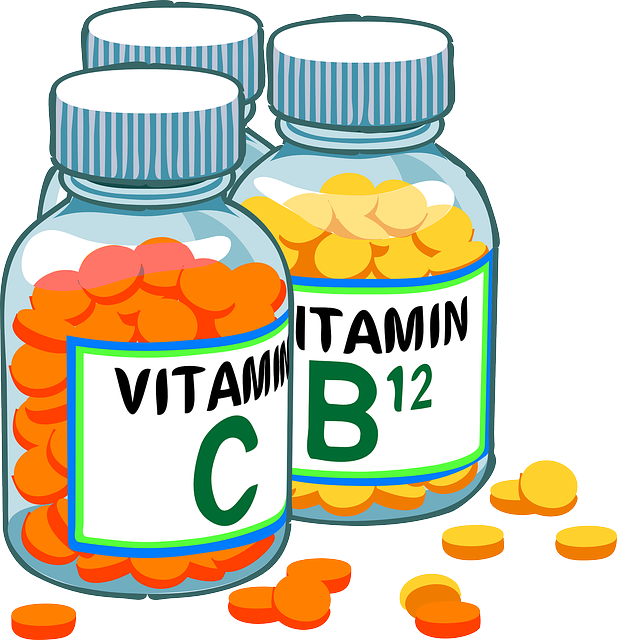 P.S. Don’t go overboard with vitamins. Certain sport vitamin products exceed by thousands of percent our daily vitamin intake norm. I have actually had my blood tested, and the only thing which didn’t look right was the excess amount of vitamins! Too little is bad, but so is too much.
P.S. Don’t go overboard with vitamins. Certain sport vitamin products exceed by thousands of percent our daily vitamin intake norm. I have actually had my blood tested, and the only thing which didn’t look right was the excess amount of vitamins! Too little is bad, but so is too much.
To be honest, those are all the supplements that you need in your vegetarian bodybuilding and fitness diet. You can always go for gainers if you need more calories, pre-workouts to get that energy (I don’t recommend it though), l-carnitine, glutamine, beta-alanine, etc. Even if not all of them work, many of them may at least taste good! 🙂
There are times when I don’t take any supplements other than protein powder, and I feel totally fine. Just remember, to build muscles, workout, sleep and food are what you should concentrate on most. I already mentioned that when it comes to protein, as long as you eat a lot of egg whites, drink milk, and eat something similar to quark, you should be totally fine!
In any case, I hope you could benefit from this post. And if you have any questions, feel free to reach out to me. Meanwhile, enjoy growing that mass as a vegetarian!
By the way, if you want more motivation to go to the gym, be sure to read my post on Exercise and Sports – Life’s First Aid! 🙂
Thank you for being with us!
Click here to follow us via E-mail!
Click here to follow us on Facebook!
Click here to follow us on YouTube!
Click here to follow us on Instagram!
Click here to follow us on Twitter!
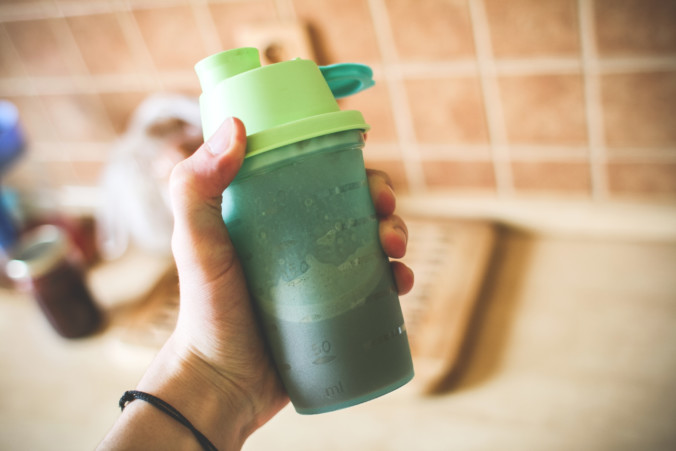
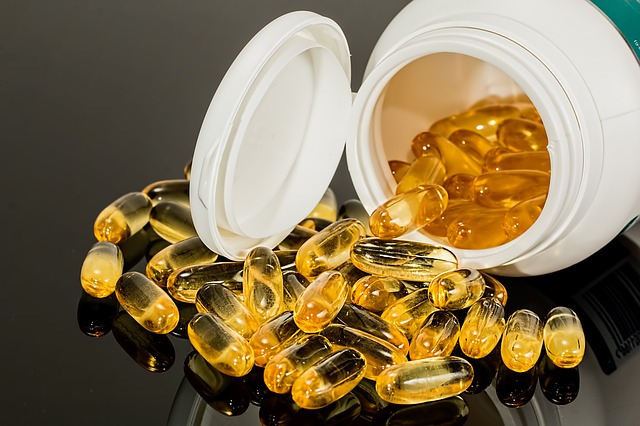

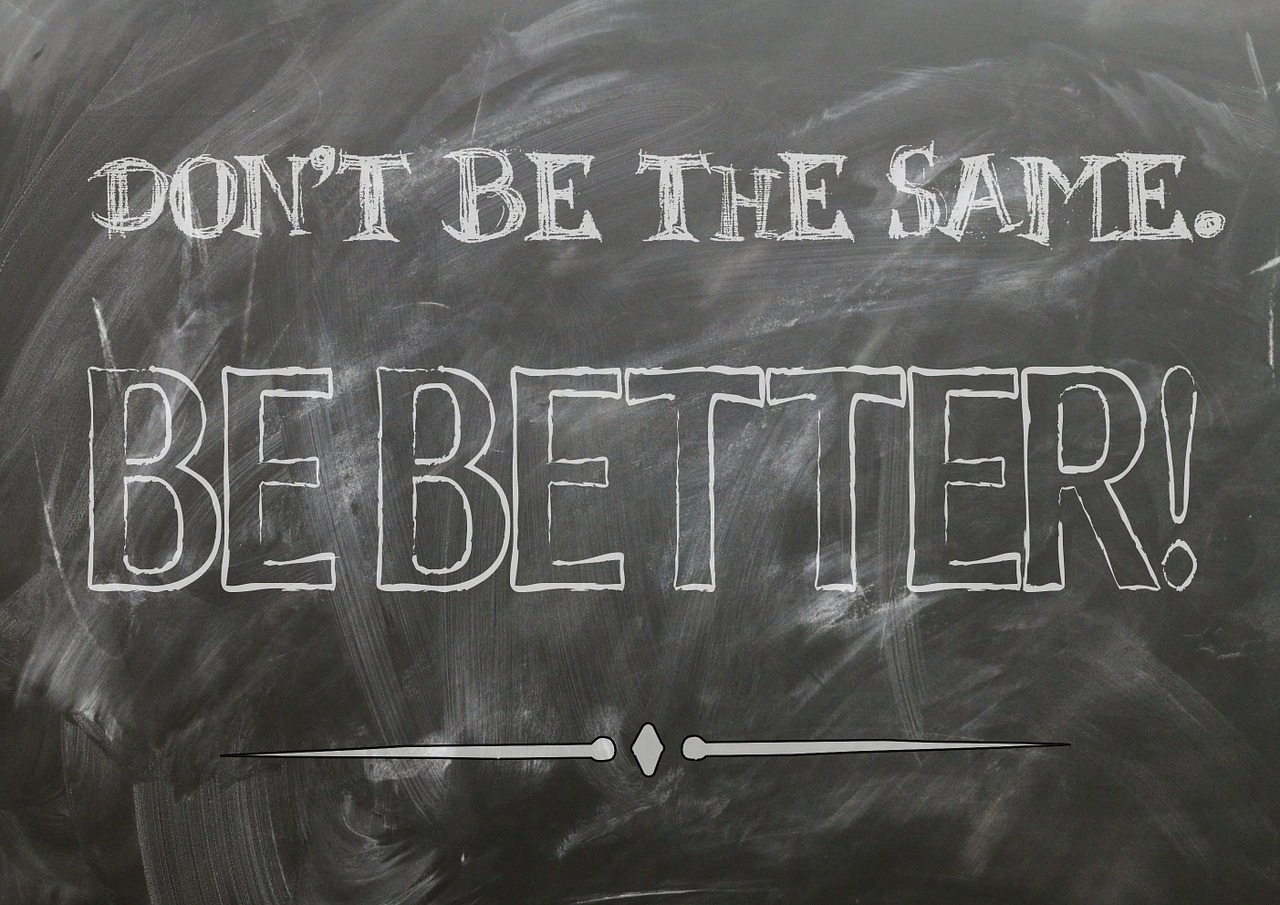 15 Best Inspirational Movies That Teach to Never Give Up
15 Best Inspirational Movies That Teach to Never Give Up
 50+ Best Self-Help Books That Will Change Your Life Forever
50+ Best Self-Help Books That Will Change Your Life Forever
 Short Motivational Stories of Failure and Success That You Must Know
Short Motivational Stories of Failure and Success That You Must Know
 What to Do When Someone Is Better Than You? – Dealing with Jealousy
What to Do When Someone Is Better Than You? – Dealing with Jealousy
 10 Examples Where the Power of Positive Thinking Kicks Ass!
10 Examples Where the Power of Positive Thinking Kicks Ass!

Leave a Reply